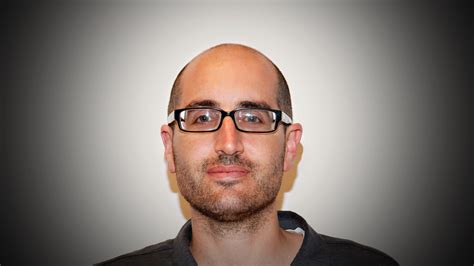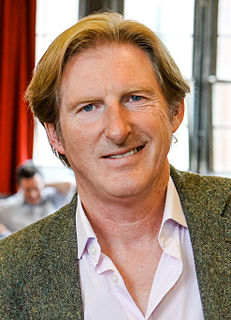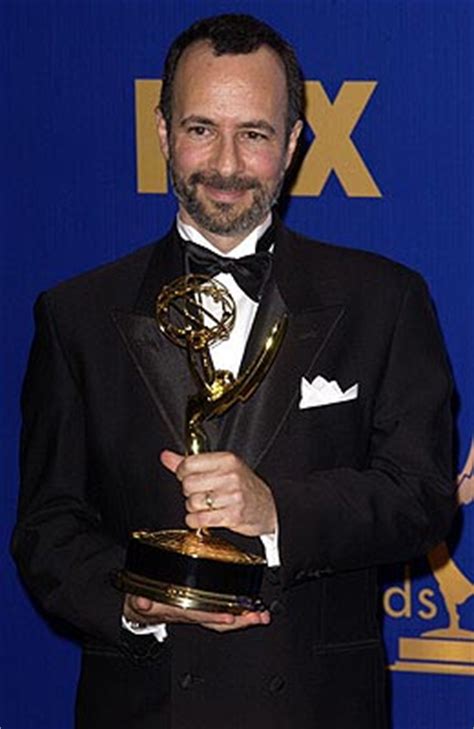A Quote by Chuck Palahniuk
If you take my stuff apart, you'll find my choruses of repetitions are picked up almost verbatim from Kurt Vonnegut, and my distanced fracture quality is all from Amy Hempel, who's probably my favourite writer.
Related Quotes
[Kurt] Vonnegut was a writer whose great gift was that he always seemed to be talking directly to you. He wasn't writing, he wasn't showing off, he was just telling you, nobody else, what it was like, what it was all about. That intimacy made him beloved. We can admire the art of John Updike or Philip Roth, but we love Vonnegut.
In seventh grade, with some vague sense that I wanted to be a writer, I crouched in the junior high school library stacks to see where my novels would eventually be filed. It was right after someone named Kurt Vonnegut, Jr. So I grabbed a Vonnegut book, 'Breakfast of Champions' and immediately fell in love.
Kurt Vonnegut talks about how we know there is another family out there and when we find it we get this almost instinctive sense of belonging. And that is how I felt in Enniskillen in 1977 when I realized there were these people of all ages, whatever their religion, from different backgrounds, who were bound together by a love of plays and acting.
I've just come back from Vegas, and I was in on the caucus process. It's insane. What a mess. And also with these particular candidates who are running, so many times I said, "I just wish Kurt Vonnegut were alive." This is like something he would be writing. This is just crazy stuff. I would love to hear his take on it.
I've read some of Kurt Vonnegut letters from when he was young. He was a prisoner of war, and even when he was in his early twenties, there were things mentioned that showed up in his novels. One of the sweetest things in those letters was him wanting to be a writer but doubting himself, not having confidence in himself.
My theory is that Kurt had a lot of residual pain from his childhood. And when you pile that on top of his experience in World War II - he was in Dresden when it was bombed and saw a city annihilated. When you combine those two things, my impression of Kurt Vonnegut at 84 was that he was a very pained and haunted man.





































